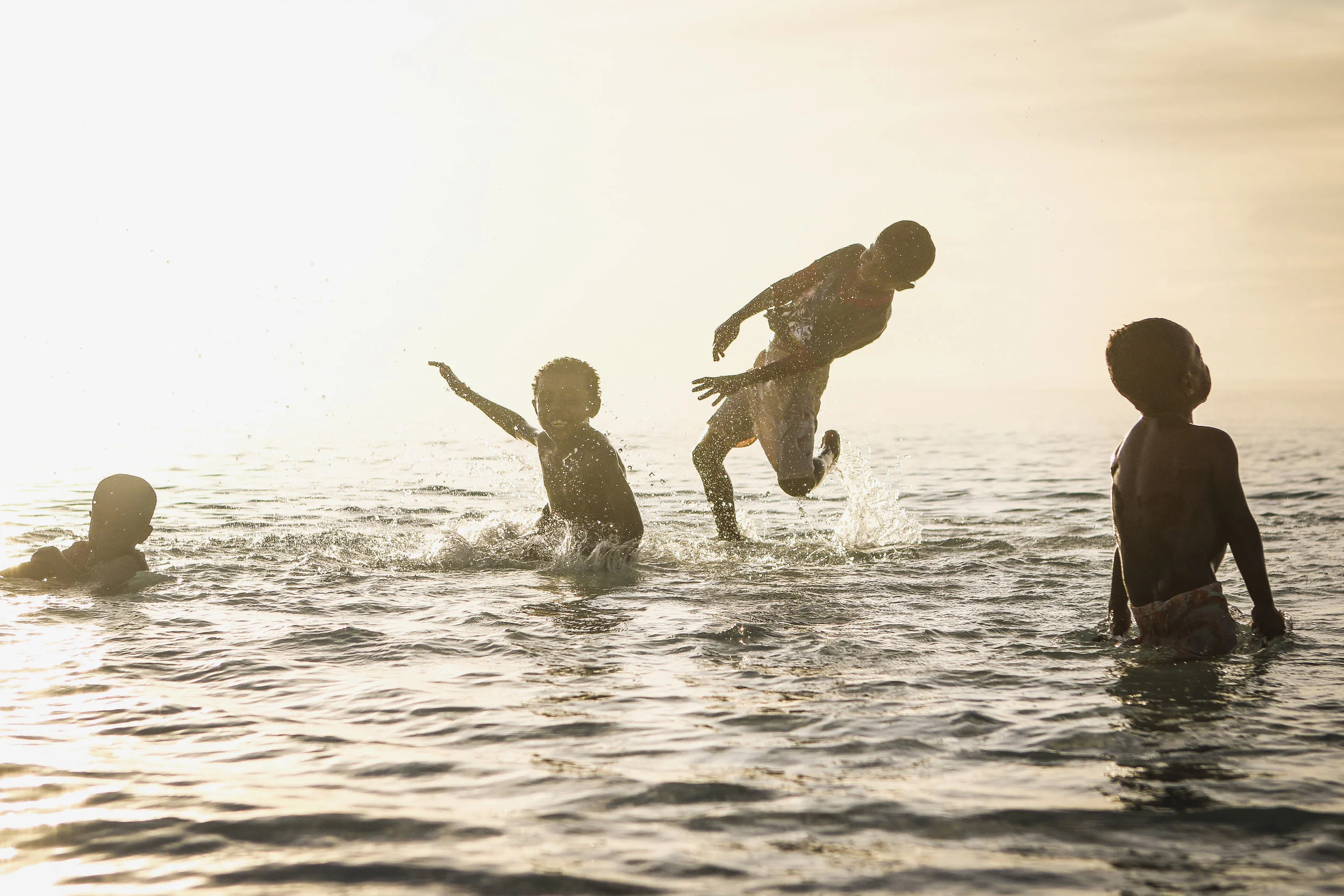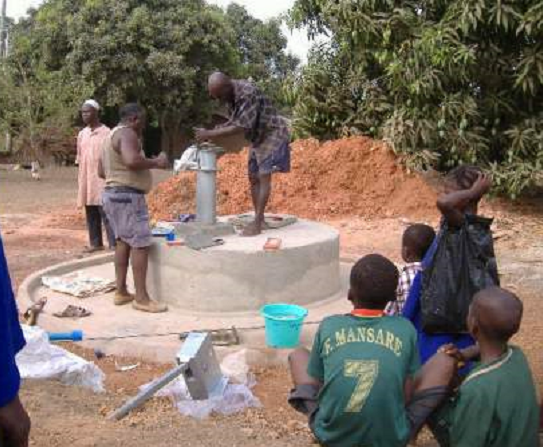Why Clean Water in Sub-Sahara Africa?
Of all the environmental media (soil, water, air, biota) that can be contaminated and impact our health and human development, water is considered the most important.
Access to clean water is fundamental to the development of any community. Clean water restores hope and unlocks potential. It impacts the lives of people and communities. Yet, for nearly 1 billion people in the world, water use is often less than 5 liters a day of unsafe water compared to average water use of 200-300 liters per person each day in most countries in Europe.
Close to 2 million children die every year, largely due to lack of clean water supply and preventable water-borne disease like diarrhea.
In Sub-Saharan Africa, over 40 per cent of all the people are without improved drinking water.
The EnviroOne Clean Water Strategy: To contribute to the Water, Sanitation and Hygiene (WASH) solution of communities that we operate in by providing them with clean water through water wells and empowering the communities to take ownership of the water wells.
EnviroOne Clean Water Wells
Water Well Cycles…..
Left: One of many similar clean water sources for many rural area residents in the project area that encompasses 5 villages in the Northern Province
Left: Many people who can afford it rely on water contained in plastic bags for drinking. But even this water is known to be contaminated with waterborne diseases.
Right: EnviroOne has completed drilling two clean water wells that have impacted the lives of over 300 people. It’s in the process of drilling a third well.
Right: EnviroOne is re-igniting the flames of hope and dignity of those that cannot afford to pay for clean water. We hope to drill water wells in all districts.
It’s Time to Celebrate
Left: Drinking untreated water is a common practise in Sierra Leone. When available, women and children have to walk very long distances to fetch clean water, if available at all.
Right: A completed water well brings in days of celebrations as hope is restored and huge potential unlocked. Women and children no longer have to walk long distances to fetch clean water.







